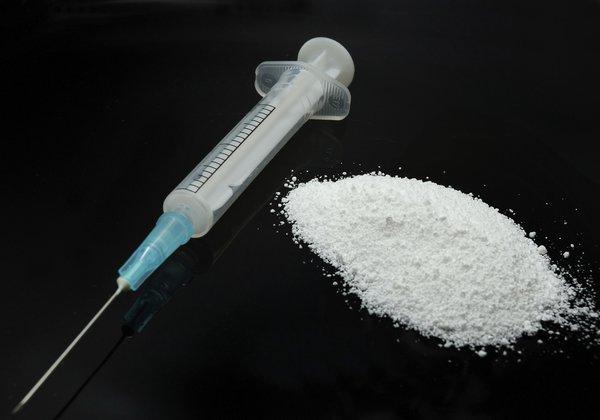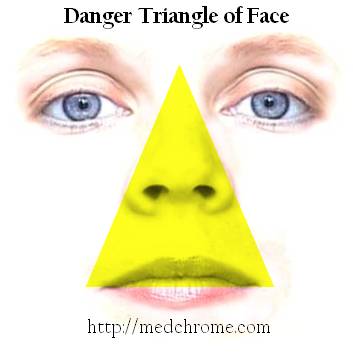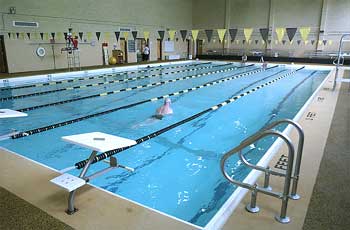Treating the Psychological Effects of Addiction

Addiction is a powerful disease with complications that affect both physical and mental health. And since the effects of addiction are so pervasive and complex, intensive, comprehensive treatment is essential to recovery. For example, in addition to addressing the physical aspect of substance abuse and addiction, treating the psychological and emotional aspects are crucial to recovery. Keep reading to learn more about the psychological causes and effects of addiction, as well as the methods used to treat them.
Addiction: Why Psychological Treatment is Important
A psychological approach is crucial to addiction recovery for a number of reasons. First of all, the causes and contributing factors of addiction are often mental or emotional. For example, mental health issues like depression, low self-esteem and bipolar disorder often contribute to substance abuse, addiction and other risky behaviors. And while drugs and alcohol may seem to relieve the symptoms of mental illness, prolonged substance abuse can actually worsen the effects of these conditions.
Also, prolonged addiction can have various effects on psychological health. Addictive substances like heroin, cocaine, prescription drugs and even alcohol can have a profound impact on the brain and its functions. For instance, areas and functions of the brain that are affected by the repeated use of addictive substances include those involved in pleasure, motivation, memory, learning and impulse control.
Addiction Counseling: Which Methods Are Most Effective?
Due to the complex psychological causes and effects of substance abuse, no rehabilitation plan is complete without in-depth addiction counseling. However, when it comes to the intricate nature of addiction, some counseling methods may be more effective than others. The following lists some of the most common forms of counseling used in the treatment of substance abuse:
- Behavioral therapy. Behavioral therapy, which includes behavior modification and cognitivie-behavioral therapy, explores the link between thoughts, emotions and behaviors. This type of therapy involves learning to identify unhealthy thoughts and behaviors, so they can be modified in the interest of health and well-being. Another primary element of behavior therapy is the anticipation of future problems, and the building of coping skills in overcoming these problems. For example, when it comes to treating addiction, behavior therapy might involve a step-by-step recovery plan, which includes a list of triggers and strategies to avoid them.
- Group therapy. Like behavioral therapy, group therapy is designed for those in need of help to come to terms with their past, and lay the foundation for a sober, healthy future. Plus, group therapy offers crucial peer support to recovering addicts, as well as accountability, encouragement and other advantages.
- Family therapy. Addiction can have an enormous impact on families and familial bonds. Family counseling can help recovering addicts and their loved ones explore the causes and effects of addiction, as well as improve communication and repair the damage done by substance abuse.
- Continued care. While intensive, inpatient treatment is often effective, long-term, outpatient counseling, group therapy and other aftercare methods can help prevent relapse and enhance well-being by reinforcing the lessons learned during residential care. Anonymous support groups are also beneficial, as they provide recovering addicts with the continued support necessary to sustained sobriety and improved quality of life..
Although addiction can wreak havoc on both physical and psychological well-being, help is available. With the comprehensive care methods mentioned here, individuals suffering from the effects of substance abuse can experience a complete, healthy recovery.
Article by Jennifer Smith






